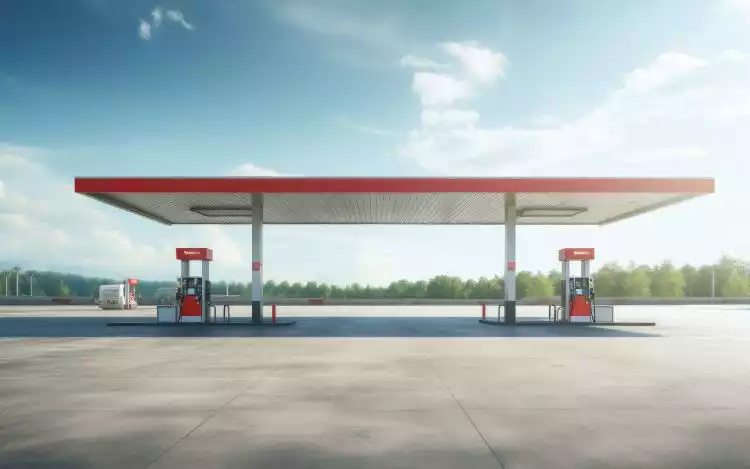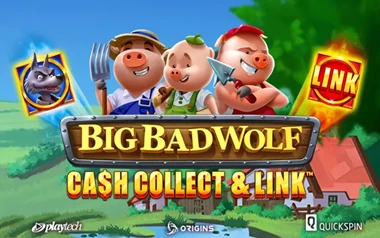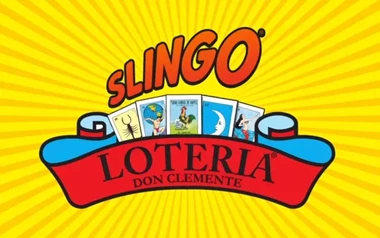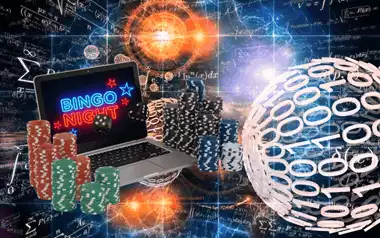Gas stations in the US have a new attraction with slot machines exploiting a legal loophole—making them at least partially legal. While many states have them limited to gas stations, some have them popping up in convenience stores and the parking lots of medical stores. A quick spin before you grab that medication, eh?
So, what is the deal with them? What does the RTP look like? Should you play on them? Here at Gambling Zone, we took a deep dive. We have answers to all the questions you have and the ones that are even more important.
What are Gas Station Slot Machines?
Gas station slot machines are in a different class, at least technically. They are “legal” because they have a differentiating factor—you can either see the payout you are about to get (after you start gambling) or there is some “skill” involved. With no clear guidelines on how much skill is required for a full-on gambling machine to be classified as a skill-based entertainment device, you bet that operators are going to set the bar quite low.
Enter flocks of completely sane adults crowding parking lots, gas stations, and convenience stores to play with their hard-earned cash. There are stories about how these slot machines help keep the establishment in business more than the actual business does.
As these are not machines where you only spin the reels and are awarded randomly based on pure luck/chance, it is not money-betting, technically speaking.
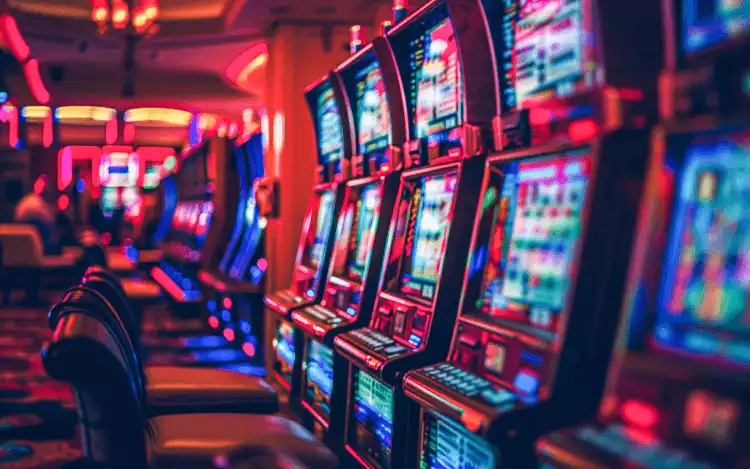
Gas Station slot machines
Are Slot Machines in Gas Stations Legal?
Kind of. The way these slot machines can operate outside of actual casinos is simple—they are exploiting a loophole. They introduce some skill into the gameplay, which suddenly makes them all right, not a gambling device anymore.
So, what is this “skill” you require?
Remember those older games where you had to shoot birds before the time ran out? Or other types of vintage arcade games? Now add a feature of random payouts to your performance and voila—no more gambling. These machines might require you to:
- Rely on memory,
- Confirm a win manually, or
- Take some action in a round
The skill requirement in these “grey machines” or VGTs is comically low.
Some do not even try to hide it and others might even have a few games that do not require any skill at all. In fact, slot machines with 3-5 spinning reels with a feature or two that has some requirement of actively thinking or deliberately acting are perfectly fine to be classified as legal in many US states.
As these machines are fairly new, there is no special legislation around them. There has not been enough damage, in other words, to force the hand of the administration yet.

Legal
How Much Can You Win in a Gas Station Slot Machine?
It is very hard to say for sure. Every slot machine is different with no clearly advertised RTPs. They work just like regular slot machines but without disclosing important information such as RTP, hit rate, volatility, etc. upfront. This makes them worse and riskier than actual slot machines in physical casinos.
In the long run, if you follow good gambling etiquette, it is possible that you can have a good experience here. But massive payouts? Most likely not. Though there are cases of people hitting jackpots (not all of them are linked to one) here and there, if you must forego online slot sites and play instead on these gas station slot machines, I highly recommend you keep the core tenets of gambling in mind:
- Approach gambling not as a source of income.
- Use bankroll management.
- Set time/amount limits.
- Never wager more than you can afford to lose.
- If you are on a losing streak, it does not make winning more likely on the next spin. That is not how randomness works. Cut your losses, do not chase them.
- Ask around—what do the locals feel like? What are their experiences so far? Has anyone actually won substantially, or are we all just hoping to win sometime?
- Did I tell you not to approach gambling as a source of income?
Should You Play?
Having covered gambling for years, I cannot in good conscience recommend anybody to play on these slot machines. As I said earlier, actual slot machines in land-based casinos are better. The more convenient gambling becomes, the harder it is for the general population to avoid problem gambling and financial risks. These machines are lowering the barrier to entry in a significant way and only time will tell what repercussions they have.
The US simply lacks the strict, centralised control that the UK has, for example. There is hardly any regulatory hurdle. States in the US are furthermore chasing after more tax revenue and gambling sounds okay to them. Everybody knows this is a loophole, from the gas station owner and the player to the government and the slot machine manufacturer.
Given the growth trajectory they are following (you can find them in restaurants and ice cream shops too), even if they are meeting some minimum RTP requirement under the state laws (likely), they are just another source of tax for the government, not something that can benefit you. Also, that random unregulated skill game in your local bar or mini-mall is most likely not inspected routinely by any authority either.
It is best to steer clear of these coin-based operating machines or COAMs. All of these Class B machines have flashy graphics and big words to reel players in—a $2500 grand prize, for example. But with no player protections, disclosed RTP, well-known developers, or audits, they are just worse than actual slots.
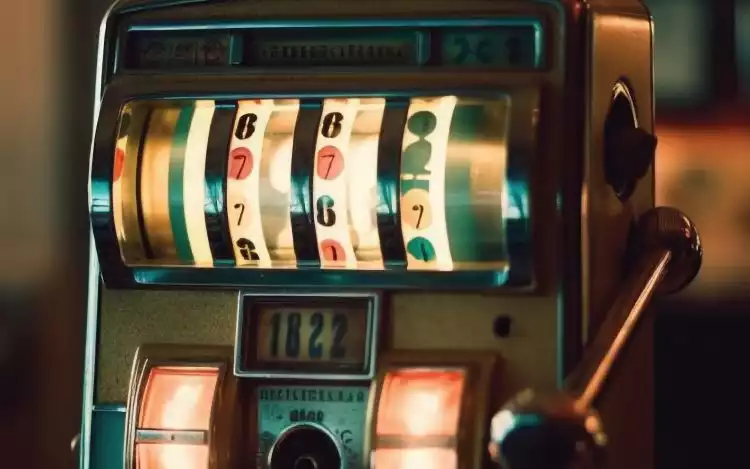
Should you play
